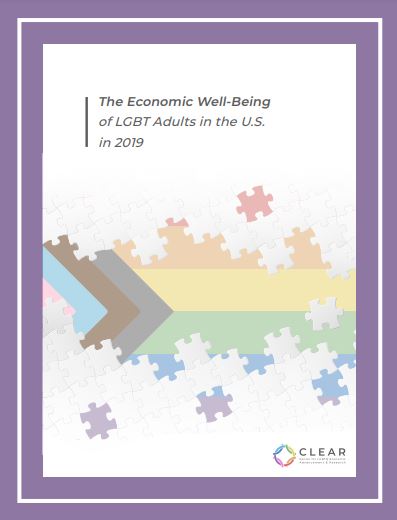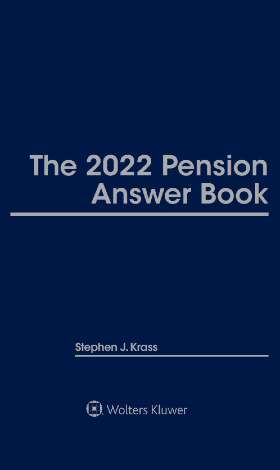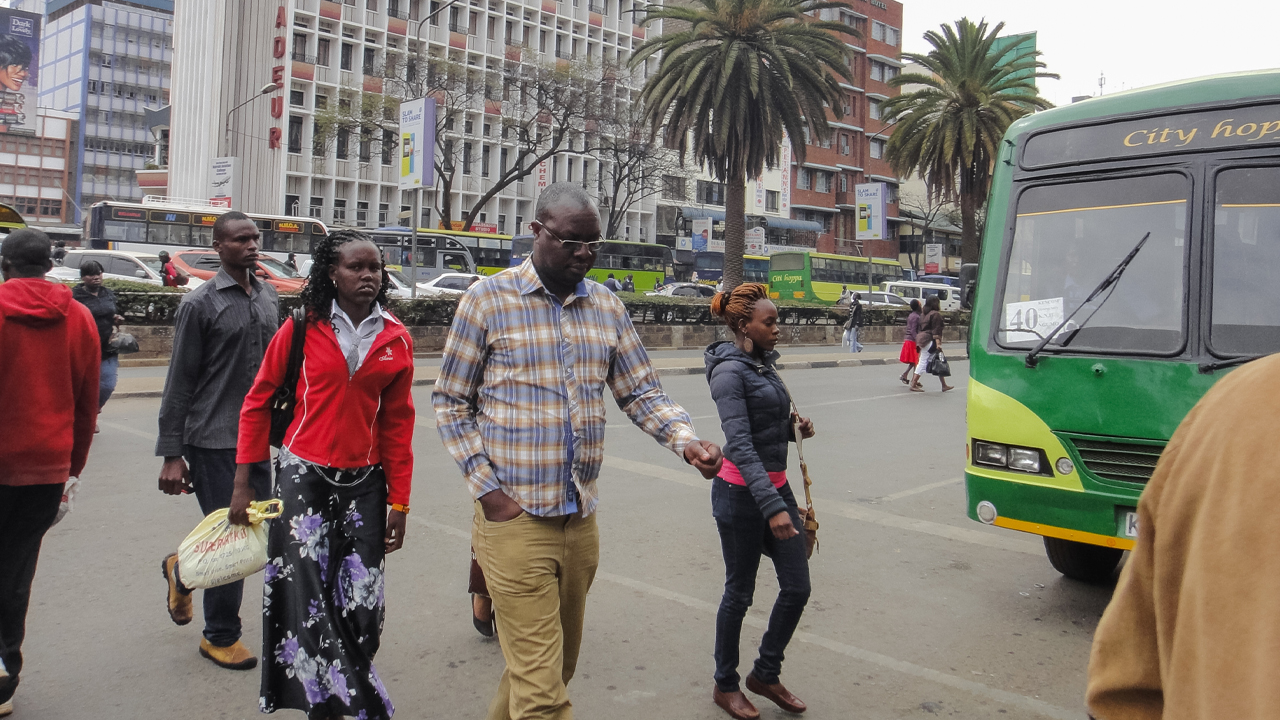UK. DWP shares how people can boost State Pension payments if they reached retirement age on certain dates
The Department for Work and Pensions (DWP) has released new guidance to help certain people increase their State Pension income. If you reached State Pension age between April 6, 2010 and April 5, 2015, but are not receiving or expecting to receive a full basic State Pension, then you may be able to increase the amount you get by paying up to six additional years of voluntary Class 3 National Insurance voluntary contributions for years going back to 1975. This is...









